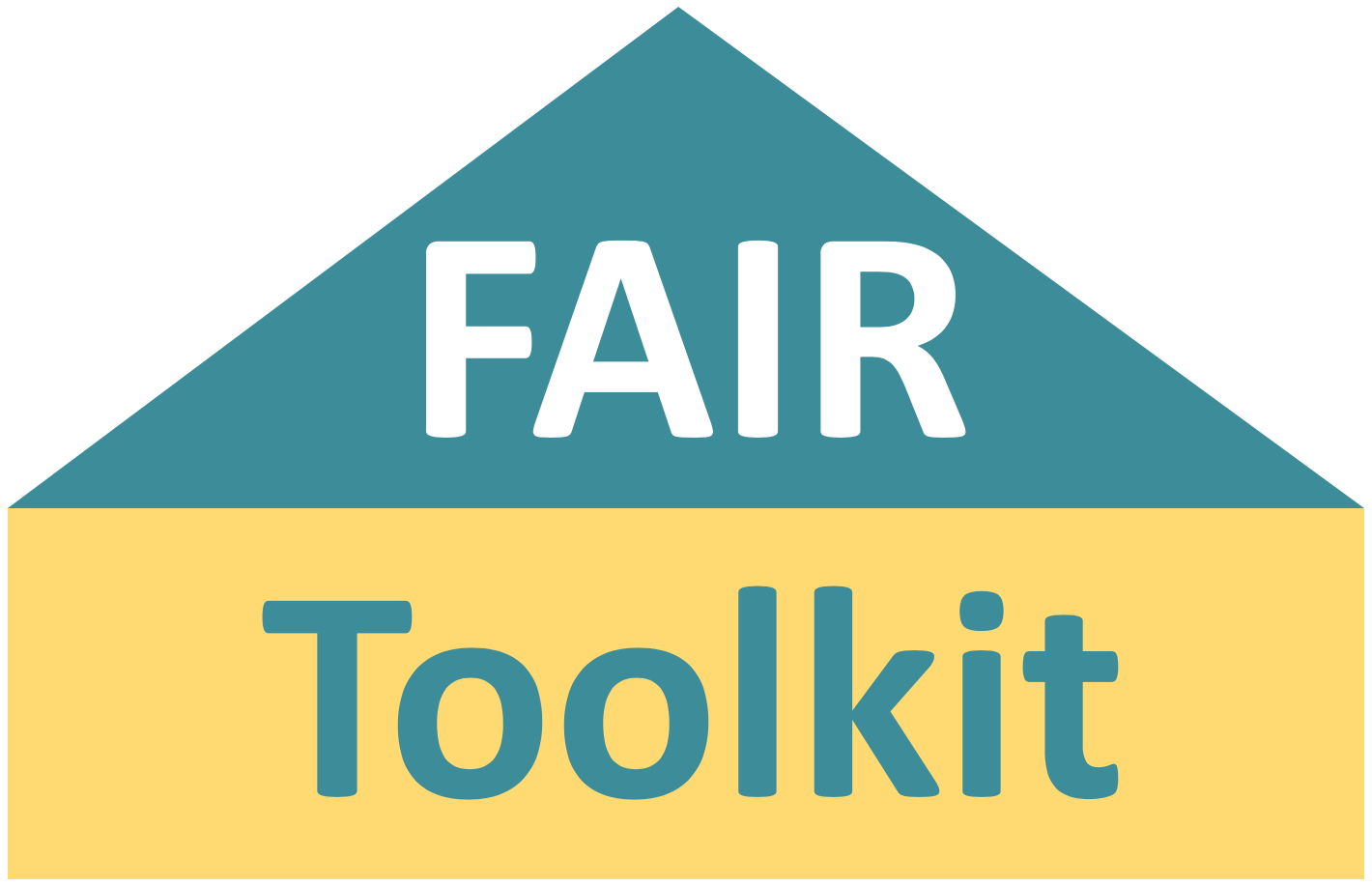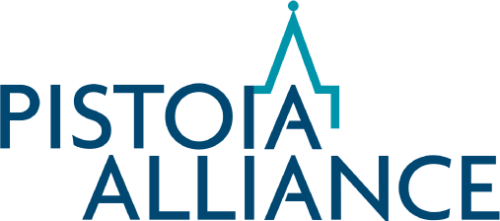Change Agents
Learn how change agents, such as data stewards, play an important role to support FAIR data management and application.
- A network of change agents coordinate data management across the organisation to support the necessary changes.
Overview
The practicalities of FAIR implementation will involve much change in the work setting of industry life science. This method describes how data stewards can act as change agents are critical to support for making data FAIR, being Findable, Accessible. Interoperable and Reusable [1]. It places emphasis on people rather than technology through focus on those stakeholders who are act as the network of change agents.
Change management is a collective term for all approaches to prepare, support and help individual, teams and organisations in making organisational changes. Implementation of FAIR data management by life science organisations is likely to require radical and lasting change. A managed approach to change is designed to 1) minimise resistance to change, 2) increase speed of change and 3) increase the likelihood of sustained change. Numerous books and articles on change management can be found, which include numerous models and acronyms such as 1) Kotter’s 8-step process for leading change [2] and 2) the ADKAR model which is Awareness of the need to change, Desire to participate and support change, Knowledge of how to change, Ability to implement required skills and behaviours and Reinforcement to sustain change [3].
This method is focussed on change agents who are likely to be critical for successful implementation of FAIR data principles and guidelines. A network of change agents such as data stewards can act in a coordinated manner across the organisation to support the necessary changes actively during daily work. In particular, they will also be important for understanding and communication of what aspects of change are working well and what requires attention. See the training method on data stewardship for further details about the responsibilities and capabilities for an effective data steward.
How To
Below are a set of questions designed to build and harness a network of change agents who support the change actively as an important facet of their daily work. They will be able to understand and communicate what is well and what requires attention. These questions are accompanied by example answers to illustrate how change agents relate to the implementation od sustained FAIR data management.
Q1. Who would you identify as key change agents?
- Data steward: Appointed to each important group who will be a senior scientist familiar with the concepts and process of data stewardship.
- Middle managers must support common data policies which can be reused.
- Senior managers must invest appropriate levels of budget for data management training, workshops and data service provision.
- Support service staff in Business Technology and Informatics functions are also likely to be important.
Q2. How can the change agents help to drive adoption of the change?
- The change agents, especially the data stewards supported by management need to facilitate new or improved business processes.
- These will foster the attitude that data sets and corresponding metadata are valuable corporate assets which must be managed effectively.
Q3. How can the network of change agents help to overcome barriers to change?
- The network of data stewards will facilitate implementation of FAIR data management at an optimal level of capability, determined through feasibility studies.
- Iterative application of FAIR maturity indicators will show opportunities for improvement, and the resulting benefits.
- Success will include more reuse of the data, better reproducibility and realisation of value from data and more time for insightful data analytics.
Use cases will show case such benefits. This will be important to communicate the value of the change so that it can grow and sustain as a vital part of normal business operations.
References and Resources
- Wilkinson et al The FAIR Guiding Principles for scientific data management and stewardship. Scientific Data volume3, Article number: 160018 DOI: 10.1038/sdata.2016.18
- Leading Change by John P. Kotter. Copyright © 2012 by the Harvard Business Review Press ISBN-13: 978-1422186435
- ADKAR: A Model for Change in Business, Government and Our Community by Jeffrey Hiatt 2006 Prosci Learning Center Publications ISBN-13: 978-1930885509
At a Glance
Related use cases
All of the use cases of this FAIR Toolkit
Related methods
Setting
- Support the whole life cycle of FAIR data management
Team
- Data Stewards
- Scientist generating or collecting the data and metadata
- Management
Timing
- Ongoing and sustained
Difficulty
- Medium to high
Top Tips
A network of change agents such as data stewards are of critical importance:
- To support the necessary change actively during daily work through provision of training, advice and guidance.
- To understand and communicate what is working well and what requires attention.

